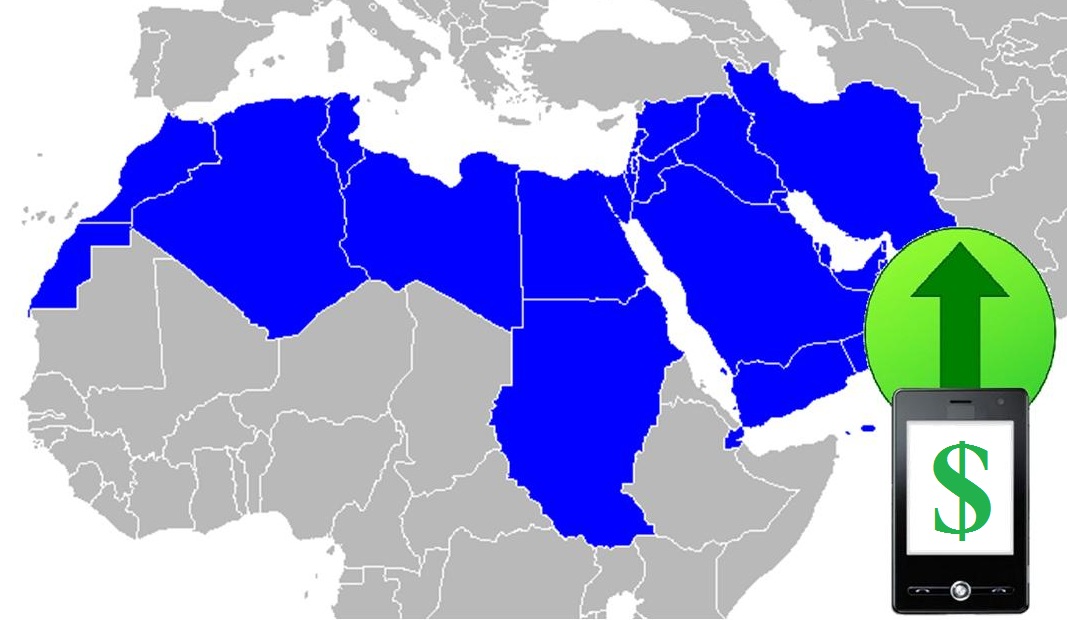 McAfee report highlights risky applications and their impact on mobile security
McAfee report highlights risky applications and their impact on mobile security
Mobile applications are universally popular among mobile consumers. Nearly everyone that has a smart phone or tablet makes use of applications in some way, whether they be for browsing the Internet or checking email. Most of these applications are unassuming, offering simple services for literally nothing in return. A growing number of applications are becoming less altruistic, however, according to McAfee Labs, a leading security analysis firm. The firm has released its latest Mobile Security: McAfee Consumer Trends Report, detailing a troubling trend that has emerged in the mobile world.
Malicious apps find their way onto trusted marketplaces
McAfee notes that mobile platforms have become very attractive to hackers and other malicious groups that can exploit a person’s personal information. While applications have made the lives of consumers easier, they have also opened these consumers up to new threats that go mostly unnoticed. According to McAfee, more applications are being introduced to markets that contain multi-faceted scams, black market crimes, imbedded malware, and other threats. A significant number of these applications are finding their way to popular app stores, successfully sidestepping the security features that are meant to keep these marketplaces safe.
Education may be part of the problem
Education — or lack thereof — is part of the problem, according to McAfee. While many consumers have become more aware of the threats that exist in the world of mobile security, few understand exactly what these threats mean. Fewer still take steps to adequately protect themselves from these threats. Many consumers rely on large companies like Apple and Google to protect them from malicious attacks through various mobile security services offered by these companies, but the growing complexity and aggressiveness of these attacks is making it nearly impossible for such companies to stave off threats on their own.
Google Play reportedly falling prey to malicious groups
McAfee claims that hackers go through extraordinary efforts in order to insert their malicious application into trusted applications markets like Google Play. The firm notes that 75% of its McAfee Mobile users downloaded such applications from Google Play specifically. While Google regularly removes thousands of these applications from its marketplace, thousands more replace these applications on a nearly daily basis, making it difficult for Google to make significant headway concerning mobile security.

 Mobile commerce demand growing in Middle East and North Africa
Mobile commerce demand growing in Middle East and North Africa